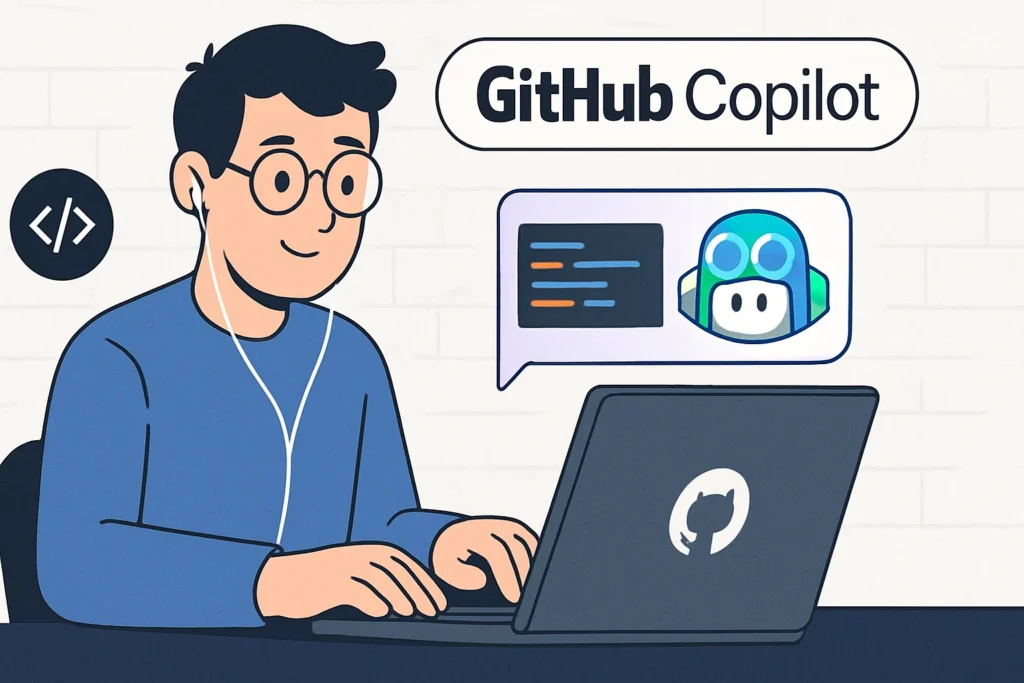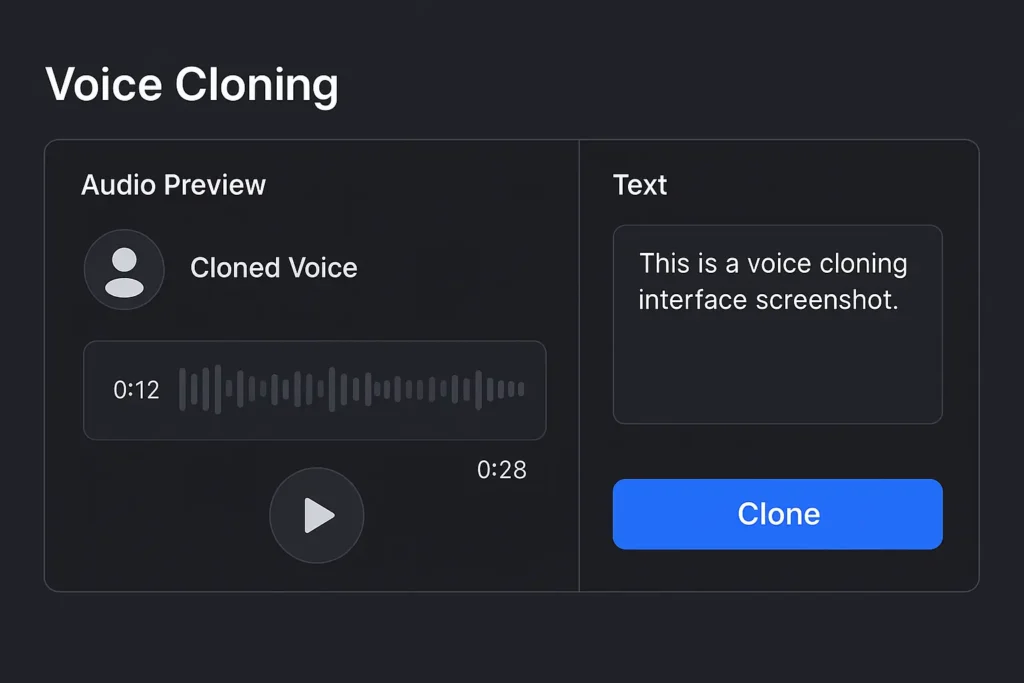Did you know that 75% of professionals now use at least one AI tool daily—from writing emails to generating code? With breakthroughs like Claude AI, GitHub Copilot, and ElevenLabs’ text-to-speech, artificial intelligence has moved from sci-fi fantasy to everyday essential.
This guide explores:
✔ The most impactful AI tools across industries
✔ How these applications save time and boost productivity
✔ Ethical considerations and limitations
✔ Future trends in AI development
Key Takeaways
🤖 Claude AI excels at natural conversations and document analysis
💻 AI coding assistants (Copilot, Codeium) write 30-50% of developers’ code
🎙️ Text-to-audio AI creates human-like voices for videos/podcasts
🖼️ Generative AI (DALL·E 3, Midjourney) transforms text into stunning visuals
⚠️ Key challenges: Bias, accuracy, and job market impacts remain concerns
Category 1: AI Assistants Changing How We Work
1. Claude AI (Anthropic) vs. ChatGPT
| Feature | Claude AI | ChatGPT-4 |
|---|---|---|
| Context Window | 200K tokens | 32K tokens |
| File Analysis | PDFs, Word, Excel | Limited file support |
| Personality | More cautious | More creative |
Best for: Legal document review, academic research
2. Notion AI & Microsoft Copilot
- Notion AI: Summarizes notes, generates templates
- Copilot 365: Drafts Outlook emails, creates PowerPoints from Word docs
“AI won’t replace you—but people using AI will.” — Harvard Business Review
Category 2: AI for Developers & Creatives
1. Coding Assistants
- GitHub Copilot: Suggests whole code blocks
- Amazon CodeWhisperer: Specializes in AWS development
- Tabnine: Privacy-focused alternative
Impact:
- Reduces repetitive coding by 40% (GitHub study)
- Helps junior devs learn faster

2. Generative AI Tools
| Tool | Specialty | Example Use |
|---|---|---|
| ElevenLabs | Ultra-realistic voice cloning | Audiobook narration |
| Runway ML | Video editing via text prompts | Social media ads |
| Suno AI | Music generation | Background scores |

Category 3: Industry-Specific AI Breakthroughs
Healthcare
- DeepMind AlphaFold: Predicts protein structures
- Nuance DAX: Automates clinical documentation
Education
- Khanmigo: AI tutor explains math/science
- Gradescope: Instantly grades assignments
Finance
- BloombergGPT: Analyzes market trends
- Plaid Fraud Detect: Flags suspicious transactions
Ethical Considerations
1. Current Limitations
- Hallucinations: AI inventing false facts
- Bias: Reinforcing stereotypes in hiring tools
- Copyright: Who owns AI-generated content?
2. Responsible Use Tips
✔ Always verify AI outputs
✔ Use privacy-first tools for sensitive data
✔ Disclose AI assistance in professional work
The Future of AI Tools
- Multimodal AI (simultaneous text/image/voice processing)
- Small Language Models (efficient, specialized AIs)
- AI legislation: EU AI Act, US executive orders
Conclusion
From automating mundane tasks to sparking creative breakthroughs, AI tools are reshaping every profession. While challenges remain, strategic adoption can enhance—not replace—human potential.
Next step: Try one AI tool this week in your workflow!
FAQs About AI Tools
1. Are free AI tools worth using?
Yes (ChatGPT, Claude Haiku), but paid versions offer better accuracy/features.
2. Which AI is best for small businesses?
Canva Magic Write (design), Jasper (marketing), Zapier AI (automation).
3. How can I ensure AI-generated content is original?
Run through Turnitin or Originality.ai detectors.
4. Will AI eliminate jobs?
Likely to transform roles more than eliminate them (McKinsey study).
🎥 YouTube Video:
External Links for Further Reading
This guide equips you to harness AI’s power responsibly—whether you’re coding, creating, or just curious. 🚀



